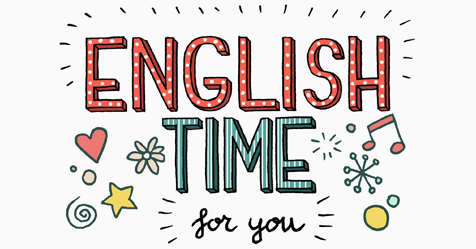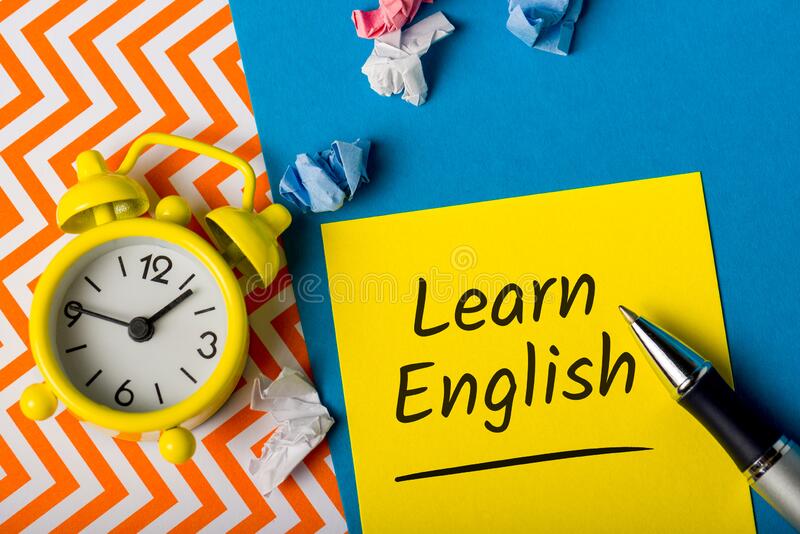There is no one answer to the question of how hard Japanese is to learn for English speakers.
Some people might find Japanese relatively easy to learn, while others might find it more difficult.
There are a few things that make learning Japanese a challenge for English speakers.
First, Japanese has a different writing system than English.
The Japanese writing system uses characters called kanji, which are borrowed from Chinese.
In addition to kanji, Japanese also uses two other writing systems, hiragana and katakana.
These two systems consist of 46 characters each, which are used to represent Japanese words.
Unlike English, which is written from left to right, Japanese is written from top to bottom, and right to left.
This can make it difficult for English speakers to learn to read and write Japanese.
Another challenge for English speakers learning Japanese is the difference in pronunciation.
Japanese has a number of vowel sounds that are not found in English, and the pronunciation of certain consonants can also be difficult for English speakers to master.
However, with enough practice and dedication, it is possible to learn how to speak and read Japanese.
There are a number of resources available to help English speakers learn Japanese, including textbooks, online courses, and apps.
There are also many native Japanese speakers who are willing to help learners with their pronunciation and vocabulary.
So, if you are interested in learning Japanese, don’t be afraid to give it a try! You might be surprised at how easy it can be once you get started.
How long does it take to learn Japanese as an English speaker?
Japanese is a difficult language to learn, even for speakers of other East Asian languages. However, with dedication and hard work, it is possible to become proficient in Japanese in as little as two years.
One of the biggest challenges in learning Japanese is mastering the written language. The Japanese writing system consists of three different scripts: Hiragana, Katakana, and Kanji. Hiragana and Katakana are phonetic scripts, which means that each character represents a syllable. Kanji are characters borrowed from Chinese, and most of them have more than one reading. In order to read and write Japanese, you need to learn all of the characters in both Hiragana and Katakana, as well as the most common Kanji.
Another challenge in learning Japanese is mastering the spoken language. Japanese has a number of unique sounds that are not found in English. In order to speak Japanese correctly, you need to learn how to pronounce these sounds correctly.
Despite the challenges, learning Japanese is definitely worth the effort. Japanese is an interesting and unique language, and it is beneficial to know at least some Japanese whether you are planning to live in Japan or not.
How long does it realistically take to learn Japanese?
How long does it realistically take to learn Japanese?
This is a difficult question to answer because it depends on so many factors, including your language proficiency prior to starting to learn Japanese, your daily amount of study time, and your individual learning style. However, we can provide an estimate based on general research and expert opinions.
Generally, it takes about 1,000 hours of study to achieve a high level of fluency in Japanese. This number may vary depending on your level of fluency when you start and your individual learning abilities, but it is a good estimate to go by.
If you are a beginner, it will likely take you longer to reach fluency. Depending on your language proficiency and daily study time, it could take anywhere from 2,000 to 4,000 hours to achieve fluency.
Of course, these are just estimates. How long it takes you to learn Japanese will depend on your own dedication and abilities. If you really focus on your studies and strive to improve, you may be able to achieve fluency in less time. But if you are not as dedicated, it could take you longer to reach the same level of fluency.
So, how long will it realistically take you to learn Japanese? It depends on a lot of factors, but on average, it will take around 1,000 hours of study to achieve fluency. If you are a beginner, it could take anywhere from 2,000 to 4,000 hours.
Is Arabic or Japanese harder?
Is Arabic or Japanese harder? This is a question that has been asked by many people and it is hard to determine which language is actually harder. While both languages have their own complexities, it is hard to say which one is more difficult.
One of the main reasons that it is hard to determine which language is harder is because they are both extremely complex languages. They both have different alphabets, grammar rules, and pronunciation. In addition, both languages are used in different parts of the world. Arabic is mainly spoken in the Middle East and North Africa, while Japanese is spoken in Japan.
So, which language is actually harder? It is hard to say for sure, but it is probably safe to say that they are both equally difficult.
Is learning Japanese worth it?
Is learning Japanese worth it? This is a question that many people have asked themselves, and for good reason. Japanese is not an easy language to learn. It is one of the most difficult languages to learn for English speakers. But is it worth the effort?
The answer to that question depends on your reasons for wanting to learn Japanese. If your goal is to be able to travel to Japan and communicate with the locals, then learning Japanese is definitely worth it. However, if your goal is to get a job in Japan, the answer is a bit more complicated.
There are many jobs in Japan that require Japanese language skills. However, most of those jobs are in the fields of translation and interpretation. If you are not interested in working in those fields, learning Japanese may not be worth it.
That said, there are many other jobs in Japan that do not require Japanese language skills. If you are interested in working in one of those fields, learning Japanese may not be necessary.
In the end, the decision of whether or not to learn Japanese depends on your personal goals. If learning Japanese will help you achieve your goals, then it is definitely worth it. If it will not, then you may want to consider other options.
Is 1 hour a day enough to learn Japanese?
There is no definitive answer to this question, as it depends on the individual and their goals for learning the language. However, in general, it is possible to learn Japanese in one hour per day, although more hours may be needed for more advanced learners.
There are a variety of methods that can be used in order to learn Japanese in one hour per day. One approach is to focus on one aspect of the language each day, such as grammar, vocabulary, or conversation. This way, the learner can gradually build up their knowledge of the language. Additionally, it is important to be consistent with one’s studies, and to make use of a variety of resources, such as textbooks, dictionaries, and online tools.
In order to achieve the best results, it is important to be motivated and to set realistic goals. It is also helpful to find a learning partner or a language exchange partner, in order to practice speaking with a native speaker. Finally, it is important to be patient and not to get discouraged, as learning a new language takes time and effort.
Does it take 1 year to learn Japanese?
There is no definitive answer to this question as it depends on individual circumstances. However, in general, it is thought that it takes around 1,000 hours of study to achieve a level of fluency in Japanese.
This estimation is based on the Common European Framework of Reference for Languages, which states that it takes around 600-800 hours to achieve the level of B1 (intermediate) fluency, and another 200-400 hours to reach B2 (advanced). Given that Japanese is a more difficult language to learn than most European languages, it is reasonable to assume that it would take longer to achieve fluency in Japanese.
So, if you were to study for around an hour a day, you could reasonably expect to achieve fluency in Japanese in around a year. However, if you are able to study for more hours each day, you could potentially reach fluency in a shorter amount of time.
In order to learn Japanese effectively, it is important to be consistent with your studies, and to make use of as many different resources as possible. This could include textbooks, online resources, listening exercises, and of course, speaking with native speakers.
It is also important to be patient and not to get discouraged if you don’t seem to be making progress at first. Learning a new language is a challenging task, but with dedication and patience, it is definitely achievable. Good luck!



